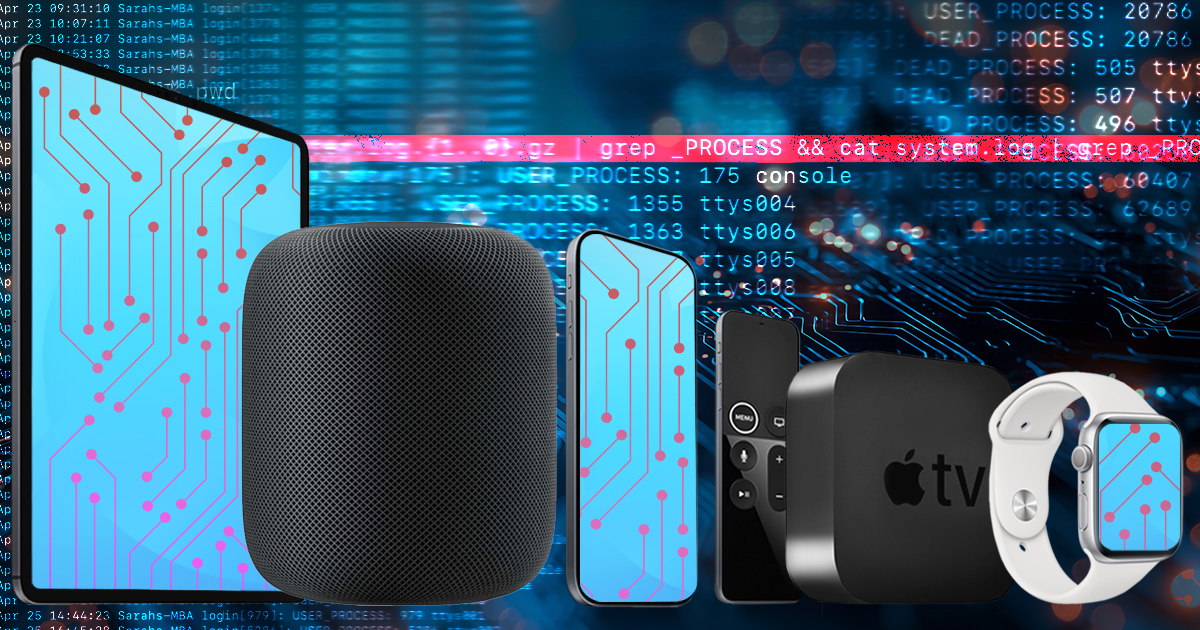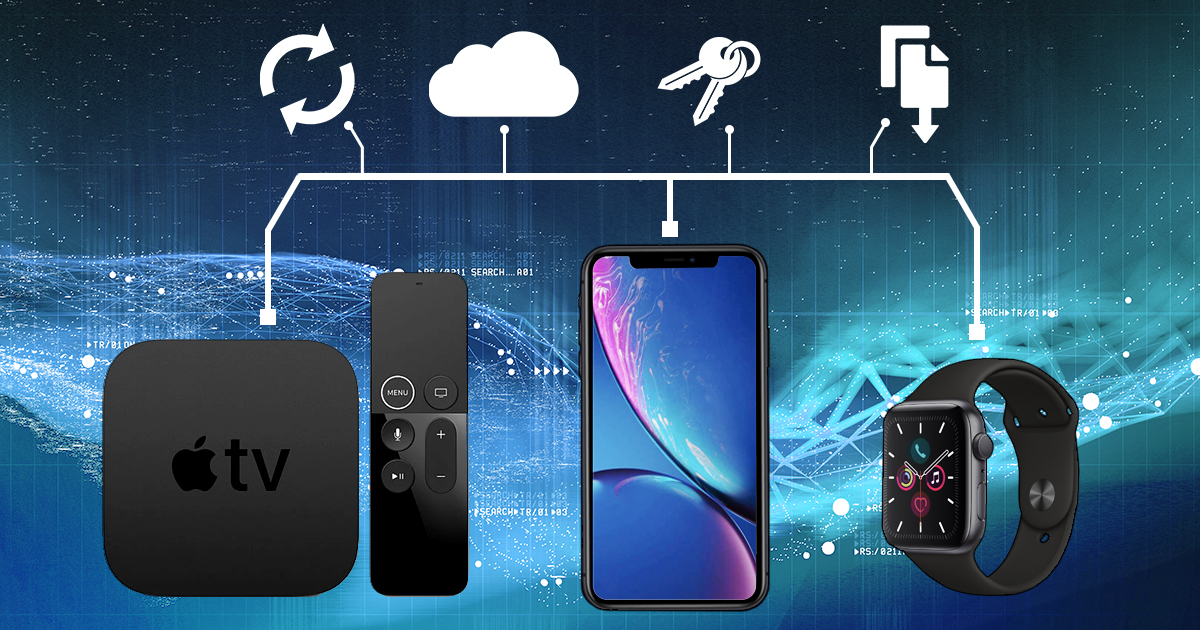Quite often our new customers ask us for advice about what they should start with in order to use the program effectively. In fact, there are various situations when the tool can come in handy by decrypting data securely protected with TrueCrypt, BitLocker (To-Go), or PGP and we’d need a super long video to describe all the cases. But we’d love to demonstrate one typical situation when disk is protected with TrueCrypt when entire system drive encryption option is on.
As you may already know, we have just updated our recently released forensic tool, Elcomsoft Phone Viewer. The update received a major performance boost and numerous usability enhancements.
I know most computer gurus and pros never read through program manuals or help files and prefer to learn everything using proverbial method of trial and error. Does this sound like you? Of course. Exceptions are very seldom. So, here’s something nice that will save your time and help your experience with Elcomsoft Wireless Security Auditor (EWSA).
Activation Lock, Apple ID, Apple ID password, authentication token, Celebrities hack, Find My Phone, FindMyPhone, iCloud, iCloud password, iPhone, keychain, phishing, Social Engineering
Anyone considering the possibility to purchase Elcomsoft Distributed Password Recovery has a wonderful opportunity to explore the program together with Sethioz and get a clearer understanding of how the program works and what requires your special attention when you are using EDPR. This video assumes you are already familiar with basics of password cracking and suggests more information for your convenient work with the tool.
If you care about password cracking, hardware acceleration or Wi-Fi protection this interview with our friend Sethioz is certainly for you. Being currently a freelance security tester Sethioz kindly shared his experience in cracking passwords using video cards, which in its turn derived from his gaming interest in cards. His personal experience may be very helpful to those whose concern about password cracking is not trivial.


